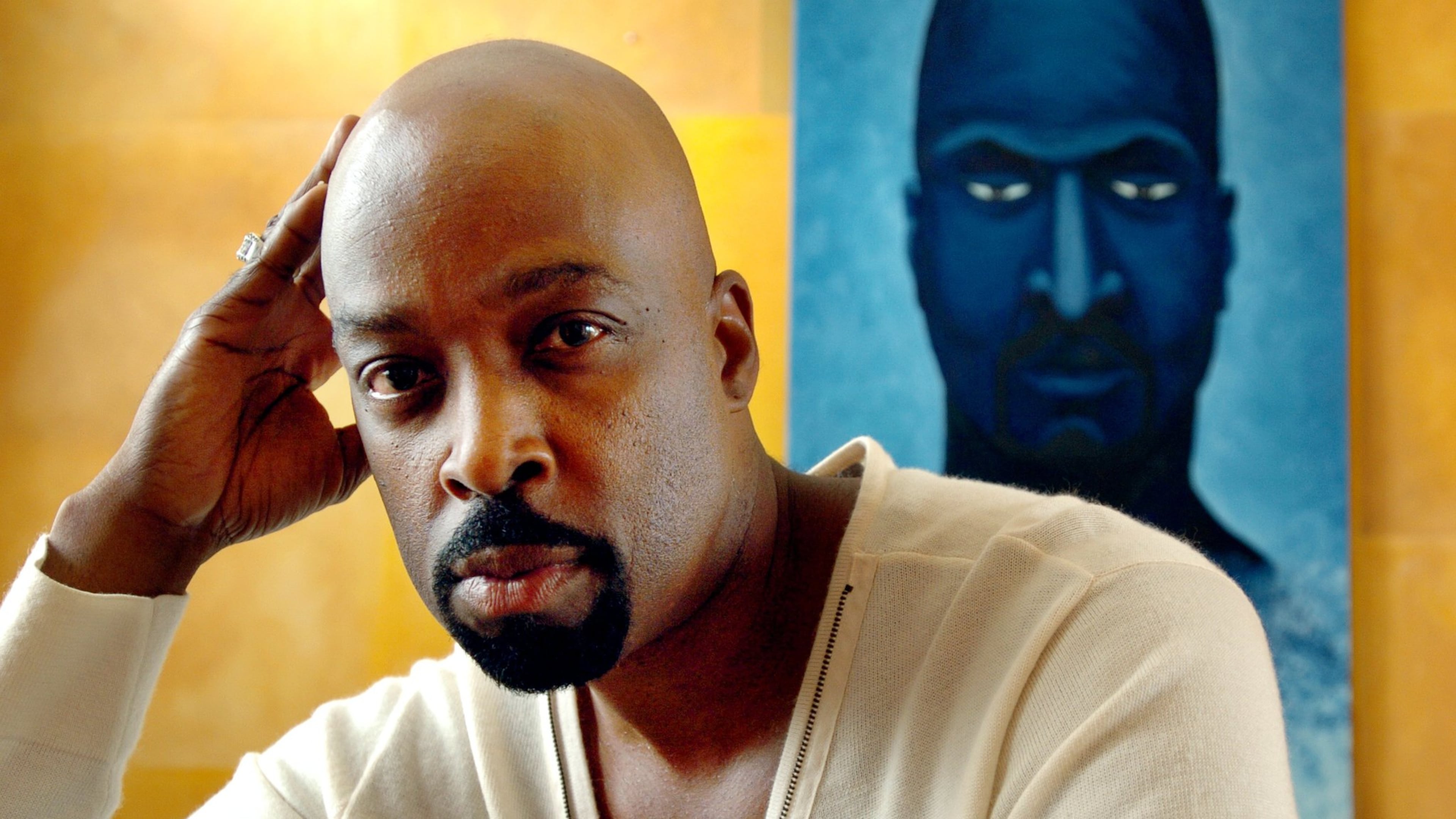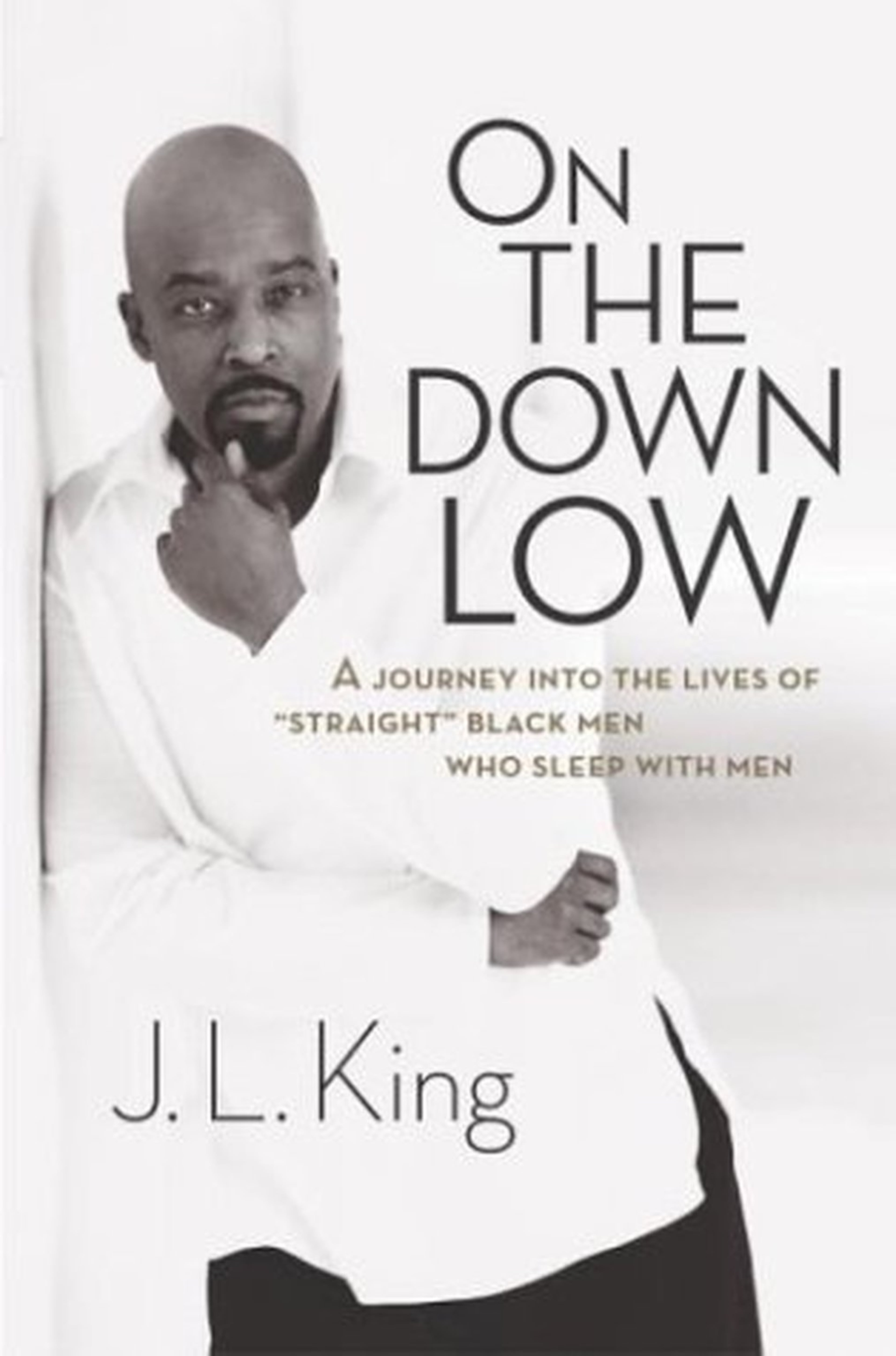Hey, ladies, you might want to ask your man if he likes sex with men

Nineteen years ago, when I moved to Atlanta, there was a lot of talk about men who were publicly heterosexual but secretly having sex with men.
We, women in particular, were gobbling up E. Lynn Harris novels that followed the life of John “Basil” Henderson, who struggled with his attraction to men and women. By 2004, we were hanging on every word that fell from the lips of J.L. King, who told millions of Oprah show viewers he’d had sex with multiple male partners throughout his eight-year marriage.
King, like a lot of men, was on the down low.
He first revealed his secret in “On the Down Low: A Journey Into the Lives of ‘Straight’ Black Men Who Sleep with Men,” sending shock waves through the African American community.

But men on the down low wasn't news to me. Three years earlier, I told readers about Rudolph Carn, then executive director of AIDS Education & Services for Minorities, who'd walked a similar path until his wife encouraged him to finally come out of the closet.
At the time, nearly 25% of African American men who were infected with HIV through sex with another man identified themselves as heterosexual. That compared to 6% of white men who were infected in the same way and 15% of Hispanic men.
African American women made up 19% of all new HIV infections and 64% of new HIV infections among women of all races. Heterosexual transmission of HIV — not transmission through intravenous drug use or other causes — had been the leading cause of exposure among women since 1995.

The most likely scenario in many of those cases in women was that their partner contracted the virus after having sex with another man, said Dr. Helene Gayle, then director of the CDC’s National Center for HIV, STD and TB Prevention.
RELATED: The silent epidemic: Black gay men and HIV
But really. Are closeted gay men still having sex with men and women in 2019?
I only began considering the question after a reader wrote to me recently saying she’d been caught in such a tangled web. She felt used. She felt broken and embarrassed.
“I do not have a problem with whom you sleep with,” she wrote. “I have a serious problem with men that marry, have children all while going downtown for trysts in a car with a (male) stranger. Every day I am reminded of how I was conned.”
I’ve heard similar stories over the years and know at least one woman personally who fell victim to a lover she believed was heterosexual only to find out, after marrying him, that he was gay.
Are men still operating on the down low or are these women outliers?
Yes and no, said Sequoia Ayala, director of policy and advocacy at the nonprofit SisterLove Inc.
When it comes to sexual identity, Ayala said the “term ‘down low’ is extremely problematic because it is used to place blame on men presumed to be gay and can lead to criminalizing men living with HIV who might not disclose their status.”
Beyond that, she said, the myth of the down low man has been debunked. While there are closeted black men who sleep with men and women and black women who have acquired HIV by positive closeted men, studies show down low men are not fueling HIV among African American women.
RELATED: An end to HIV in decade? First, Atlanta must catch up to other cities
Deceit, Ayala said, happens in all relationships — black, white, heterosexual and homosexual.
“Where we struggle sometimes is there is a different level of indignation and anger that come when people find out that their partner has been engaged in sex with someone of the same gender,” she said. “If it’s a different gender, it doesn’t trigger the same response. This is a reflection of some of the internalized homophobia that exists in these relationships and also fuels why some people choose to remain closeted.”
That’s why at SisterLove, she said, “We talk to people about their relationships, who their partners are, if they are in what they believe is a monogamous relationship, and are they comfortable talking about condoms.”
Ayala said some women are often unable to have open and unbiased conversations with their male partners about who they like to have sex with and how they like to have sex. Many people don’t understand sexuality is fluid, that sexual behavior doesn’t completely define one’s sexual identity.
“Our sexual lives are complicated,” Ayala said. “I encourage women to have a conversation with any current or future partner about who they like to have sex with and their status. Regardless of her partner’s answer, HIV is a preventable disease. Women have the agency to be screened and tested routinely for HIV and other STIs (sexually transmitted infections), they can take PrEP or PEP, and negotiate condom usage in their sexual relationships.
“We all should regardless of our gender or sexuality. No one deserves to be lied to, but we have preventative medicine if HIV is something we fear in our relationships.”
Find Gracie on Facebook (www.facebook.com/graciestaplesajc/) and Twitter (@GStaples_AJC) or email her at gstaples@ajc.com.


